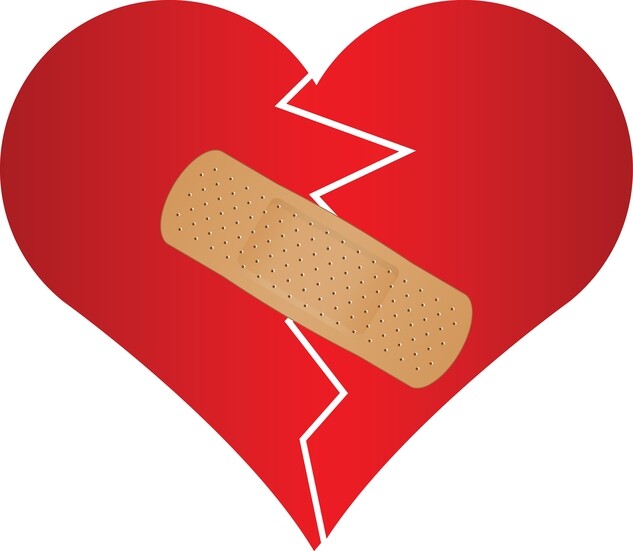The correct medical term for ‘broken heart syndrome’ is takotsubo cardiomyopathy or stress-
induced cardiomyopathy. According to the American Heart Association (AHA), broken heart
syndrome can occur when there is extreme stress and trauma, such as in the loss of a loved one to
death or a breakup, or during and after natural or man-made disasters and war.
Japanese physician Hikaru Sato first described broken heart syndrome in 1991 as a “temporary
condition that resembles a heart attack but rarely leads to death.” According to Harvard Medical
School, more than 90 percent of reported cases occur in middle aged women and the most
common symptoms include chest pain, shortness of breath, nausea, vomiting, sweating and
fainting.
The physical manifestations of this syndrome are that the left heart ventricle is found to be
enlarged and difficult to pump blood. Scientist point to an increase in stress hormones during
these traumatic events that can temporarily weaken the heart.
The good news is that a broken heart can indeed be mended. If your condition is determined to
be broken heart syndrome after proper diagnostic testing, medications to strengthen the heart
muscle can reverse this condition, along with any lifestyle change that would promote a happier,
healthier, stress-free life.
If you do believe that you or a loved one are indeed having a heart attack do not hesitate to call 911 for
emergency care. Once it has been determined that your condition is not life-threatening, follow up with
your healthcare professional as directed. To schedule an appointment at any of our convenient Primary
Medical Care Center community clinics, you may visit our website at www.primarymed.com, or call
(305)751-1500 for our Miami-Dade clinic, or (954)289-0000 for our Broward clinic.
Source: https://www.heart.org/en/health-topics/cardiomyopathy-in-adults/is-broken-heart-syndrome-real
